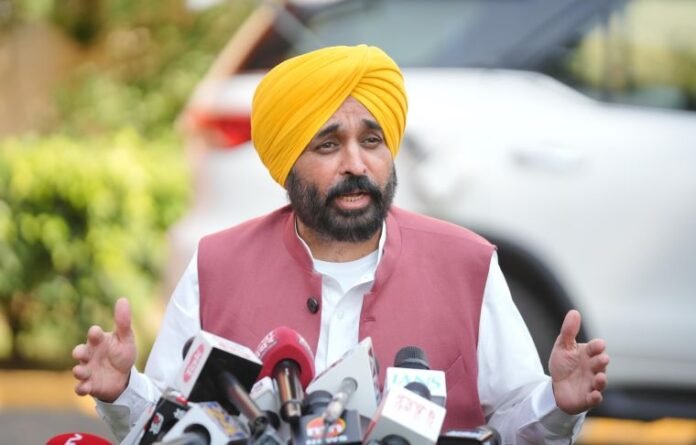In a major move aimed at enhancing administrative responsiveness and operational efficiency, the Punjab government has directed all state employees to remain available on their mobile phones at all times. Issued by the state’s Personnel Department on Monday, the directive makes it mandatory for government officers and employees to ensure round-the-clock phone accessibility, even beyond official working hours and on public holidays.
According to the circular issued by the Special Secretary, Personnel, senior officers of the rank of Secretary and above have been tasked with ensuring strict compliance among their teams. The notice underscores that employees must keep their mobile devices switched on and accessible at all times, citing the necessity of immediate administrative interventions that often arise outside conventional office timings. It warns that instances of phones being switched off, unreachable, or diverted to alternate numbers have previously disrupted urgent decision-making and hindered governance processes.
The Punjab government’s order reflects a growing trend across various administrative units in India, where the need for real-time responsiveness is increasingly seen as vital to maintaining seamless governance. As bureaucratic functions become more integrated with digital and telecommunication networks, the expectation for state employees to be perpetually reachable is being institutionalized more formally.
The circular, effective immediately, suggests that the state leadership is keen to bridge any gaps that may delay the execution of critical administrative tasks. With governance now involving dynamic situations — ranging from law and order issues to emergency public services — the directive aims to minimize response times and ensure that officials are immediately available to address emergent situations.
While the move is intended to boost efficiency and public service delivery, it has also sparked discussions about the work-life balance of government employees. Critics point out that perpetual availability could lead to increased stress and burnout among officers, potentially affecting their productivity and mental health in the long term. However, supporters of the decision argue that in an age where governance is expected to match the speed of real-time events, especially in sectors such as disaster management, health, and security, such measures are not just desirable but essential.
The Punjab government’s action aligns with broader administrative reforms across India, where digital readiness, responsiveness, and citizen-centric governance are increasingly prioritized. With citizens expecting faster resolutions and seamless access to public services, governments are re-engineering traditional bureaucratic models to be more agile, responsive, and technology-driven.
It remains to be seen how effectively the new mandate will be implemented and what measures the state might adopt to ensure that employees’ rights are balanced against administrative needs. Nevertheless, the step marks a definitive shift toward a more immediate, connected style of governance — a model that may soon become the norm across many other Indian states.
#PunjabGovernment #AdministrativeReforms #24x7Availability #GovernmentEmployees #DigitalGovernance #WorkLifeBalance #PublicServiceEfficiency #GoodGovernance #IndianBureaucracy #ResponsiveGovernance
This is an auto web-generated news web story.




